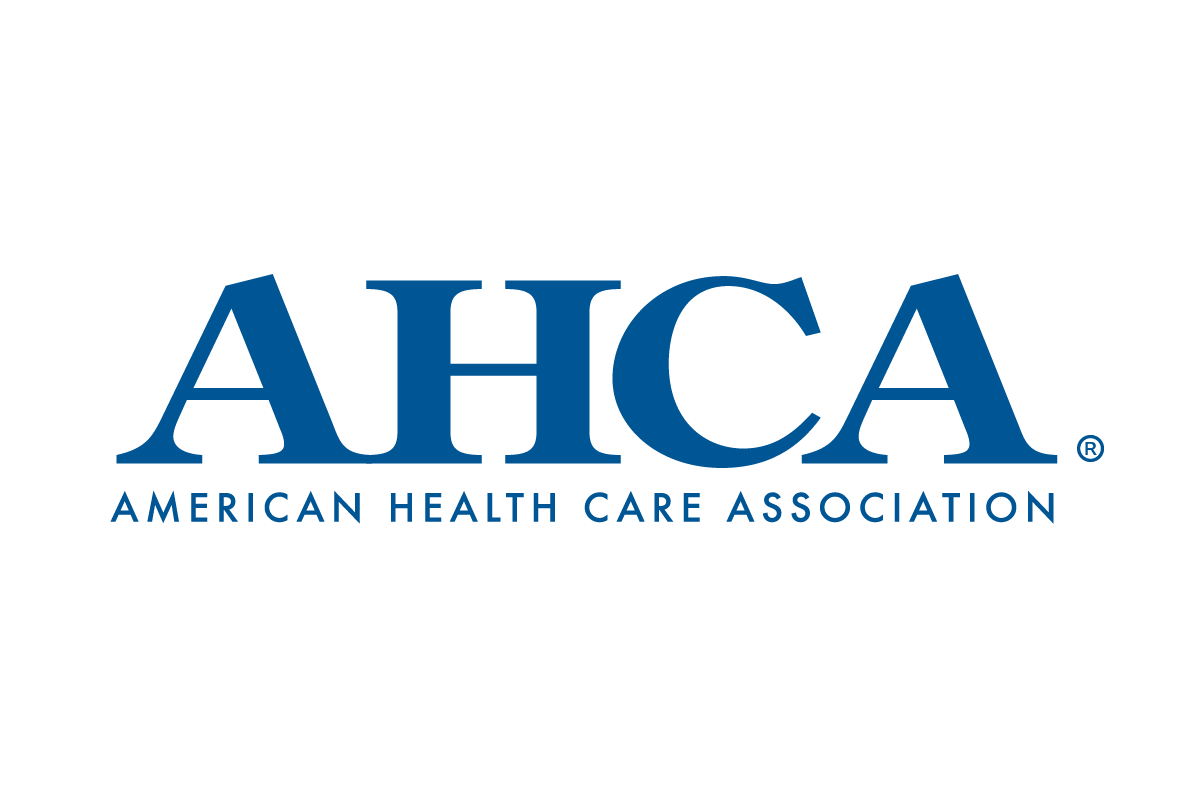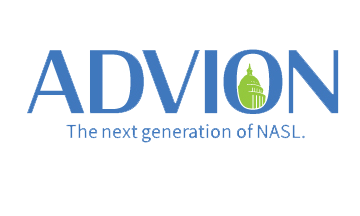Separate Ticketed Constituency Education
Rehabilitation Therapy Program: Straight From the Authors’ Mouth: Demonstrating the Value of Effective Rehabilitation Approaches in Long-Term and Post-Acute Settings
Sunday, October 1 | 7:30 AM - 12:30 PM
NOTE: This is a separate ticketed event and requires an additional registration fee apart from the standard Convention registration package.
Hosted By:


A growing body of evidence-based clinical research had demonstrated the effectiveness of innovative physical and occupational therapy, speech-language pathology, and restorative nursing programs in long-term and post-acute care settings. Innovative care programs that reduce costs, improve outcomes, and achieve patient satisfaction are just some of the objectives of the Centers for Medicare and Medicaid Services (CMS) strategic objectives to move towards a health system that achieves equitable outcomes through high quality, affordable and person-centered care. In this interactive session, researchers will discuss their recently published scientific studies that demonstrate the value of specific innovative rehabilitation care programs for older adults and persons with disabilities in long-term and post-acute care settings. This session is targeted at therapy clinicians, managers, and nursing home managers interested in implementing modern best practice to improve or maintain a resident’s optimal functional abilities and builds upon the foundations of last year’s session that discussed opportunities for providers to partner with researchers to advance practice. Participants will obtain practical knowledge that can be taken back to their communities of how to apply the research findings to improve their clinical practice and care outcomes.
7:30 AM - 8:00 AM: Networking with Sponsors
8:00 AM - 9:00 AM: Variation in Employment of Therapy Assistants in Skilled Nursing Facilities Based on Organizational Factors
Speakers: Tracy M. Mroz, PhD, OTR/L; Rachel Prusynski, DPT, PhD
Therapy assistants represent approximately half of the therapy workforce in skilled nursing facilities. The presenters in this session will discuss the findings of a research article published in the Medical Care Research and Review Journal in 2021 that investigated the variation of employment of therapy assistants in skilled nursing facilities (SNFs) and the impacts on quality measures. Additionally, the authors will discuss subsequent and ongoing work in this area in an interactive discussion with session participants related to organizational characteristics of where therapy assistants appear to have the most impact and whether any changes have occurred with the implementation of the Medicare Part A SNF Patient Driven Payment Model, growth of managed care payment models, and the disruption of the COVID-19 public health emergency.
9:00 AM - 10:00 AM: Some But Not Too Much: Multiparticipant Therapy and Positive Patient Outcomes in Skilled Nursing Facilities
Speakers: Rachel Prusynski, DPT, PhD; Tracy M. Mroz, PhD, OTR/L
Prior to the implementation of the Medicare Part A Skilled Nursing Facility (SNF) Patient Driven Payment Model (PDPM) in October 2019, the practice of multiparticipant therapy—treating more than one patient per therapy provider per session— was limited, but its use increased in SNFs as PDPM was implemented. However, little was known about how substituting multiparticipant therapy for individualized therapy may impact patient outcomes such as functional improvement and rates of community discharge. The presenters in this session will discuss the findings of a research article published in the Geriatric Physical Therapy journal in 2022, whose intent was to establish baseline relationships between multiparticipant therapy and patient outcomes using pre-PDPM data. Additionally, the authors will discuss subsequent and ongoing work in this area in an interactive discussion with session participants related to changes observed since the implementation of the PDPM payment model.
10:00 AM - 10:30 AM: BREAK
10:30 AM - 11:30 AM: Experiences of Social Distancing During COVID-19 as a Catalyst for Changing Long-Term Care Culture
Speaker: Marion C. Leaman, PhD, CCC-SLP
In this session, the presenter will discuss and expand upon concepts first presented in the American Journal of Speech-Language Pathology in 2021 where a parallel was made between the experience of social isolation that occurred during the COVID-19 pandemic and similar experiences occurring in everyday life for people with communication disorders living in long-term care (LTC) facilities. This session will include an interactive discussion with session participants discussing evidence and opportunities for speech-language pathologists and the rehabilitation team to leverage the lessons-learned from the pandemic as a catalyst in the effort to overcome institutional and training barriers to shift the LTC culture to one that more highly values a communicative environment that is accessible to all, thereby reducing risk of social isolation for those with communication disorders.
11:30 AM - 12:30 PM: Mixed-Methods Approach to Understanding Determinants of Practice Change in Skilled Nursing Facility Rehabilitation: Adapting to and Sustaining Value with Postacute Reform
Speaker: Allison M. Gustavson, PT, DPT, PhD
Healthcare trends incorporating value-based payment and incentive models impacting Skilled Nursing Facility (SNF) providers are driving physical and occupational therapists in SNFs to change how they deliver care to produce better outcomes in less time. However, gaps exist in understanding determinants of practice change, which limits translation of evidence into practice. The presenter in this session will discuss research finding that sought to identify various organizational and team characteristics that increase likelihood of successful and sustainable implementation, as an organization implements disruptive changes in care delivery approaches. This session will include an interactive discussion with session participants related to therapists’ attitudes toward evidence-based practice and aspects of intervention implementation in the context of the organizational system, team dynamics, patient and therapist self-efficacy, perceptions of intervention effectiveness, and ability to overcome preconceived notions.Learning Objectives:
Participants will describe how SNF organizational characteristics are associated with staffing of therapy. Participants will discuss how staffing of therapy assistants is related to quality outcomes in SNFs. Participants will identify the limitations of using national public data to draw conclusions about the value of therapy assistants in individual SNFs.
Participants will understand different incentives for group and concurrent therapy pre- and post-PDPM. Participants will describe relationships between different levels of multiparticipant therapy and patient outcomes prior to PDPM. Participants will understand limitations for generalizing pre-PDPM multiparticipant therapy relationships to the post-PDPM era.
Discuss the impact of communication disorders such as aphasia or Alzheimer’s Disease in contributing to social isolation, and the potential catastrophic medical impact of social isolation. Describe cost-effective, system-wide preventive measures and trainings that facilities can implement to minimize and prevent social isolation for residents with communication disorders by using existing speech-language pathology resources. State specific communication strategies to promote social connectedness of residents with communication disorders.
Describe the research to date on the factors influencing the uptake of evidence into SNF practice. Identify potential actions to promote the uptake of evidence-based practice in SNFs. Discuss the implications of this research on SNF operations and practice

.png)